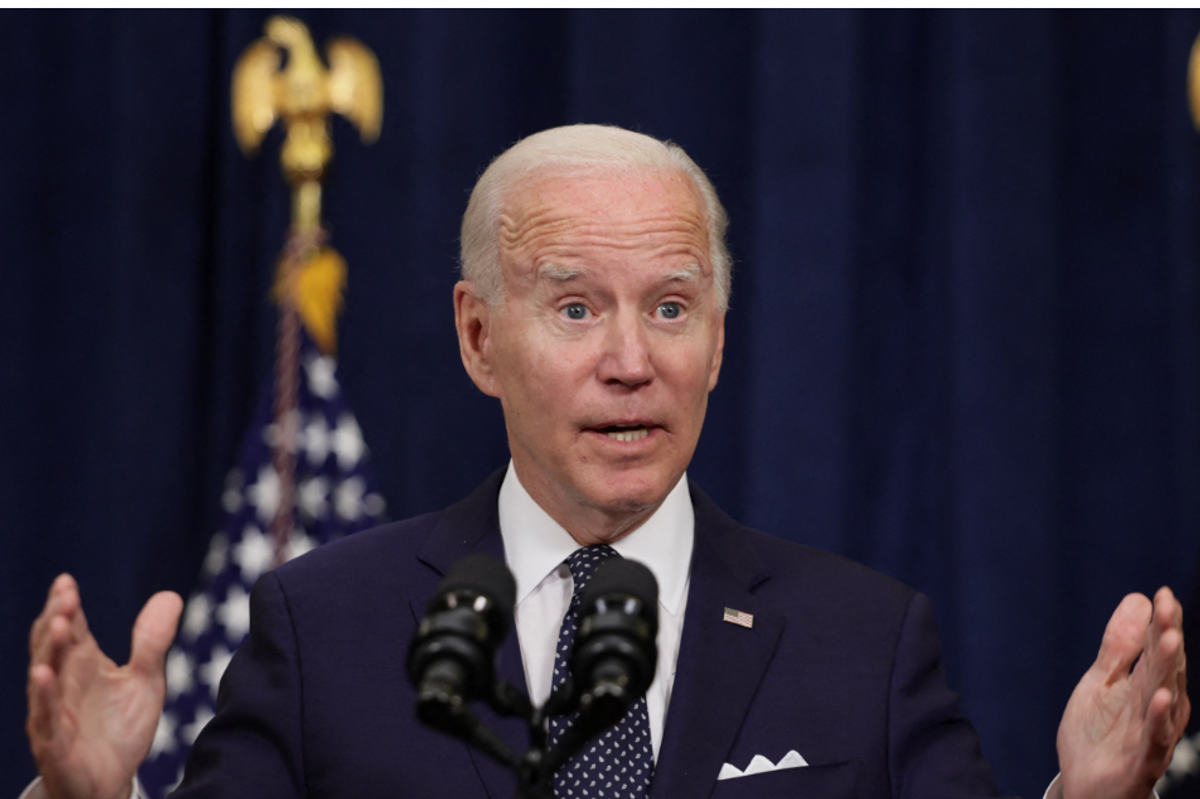Mega-Corporations Increasingly Transparent About Political Donations — But What About Their Executives, And 2012?
As Occupy Wall Street activists camp out across America in protest of a corrupt political system and Republican Party operatives rake in hundreds of millions of dollars from anonymous donors to fund next fall’s effort to end Barack Obama’s presidency, at least one metric in the depressing world of money and politics is trending in the right direction: Giant corporations are being increasingly open about their use of shareholder money for political campaigns.
More than half of America’s 100 largest companies now publicly disclose — or even prohibit — the direct use of corporate cash to fund political activity, according to a recently released study by the Center for Political Accountability, a pro-disclosure advocacy organization. This percentage may not seem especially impressive, but it marks a striking turnaround from 2003, when the Center first started tracking corporate polices. “Voluntary disclosure of political spending is becoming a mainstream corporate practice, and a growing number of companies are putting restrictions on the political use of their money,” the study concluded.
Thomas Mann, a congressional scholar and senior fellow at the Brookings Institution who gave the keynote speech announcing the release, said that this shareholder-driven push for transparency might be the only thing pushing the envelope toward corporate responsibility in a campaign finance environment shaped by 2010’s controversial Supreme Court ruling in Citizens United v. Federal Election Commission, which overturned decades of laws that restricted the ability of corporations to spend large amounts of money on political campaigns.
“The chances of a new law being written in this area are zero for the foreseeable future,” Mann told The National Memo. “And therefore one of the more promising opportunities for maintaining [a record of] or making accountable increased corporate influence on elections is through this strategy of working with companies, starting with the largest and [those with the] most risk to manage, and creating this index as a lever for change for corporations to adopt policies regarding the expenditure of corporate treasury funds for political purposes, the decision-making process for making those decisions, and policies regarding the transparency of those decisions. ”
He sees the index as an evolving tool that could compel companies to “rethink their policies” because of fear about alienating customers and hurting their brands as good corporate citizens. And he’s not alone.
“When I launched a corporate spending tracker before the 2010 midterms, the goal was to shine a bright light on the worst offenders and applaud companies that were wisely choosing not to spend treasury money in elections,” New York City’s Public Advocate Bill De Blasio told The National Memo. “I applaud the Wharton School and the Center for Political Accountability, and plan to work with them going forward in convincing more corporations that undue influence on elections is not only destructive to our democracy, but often to their own bottom line as well.”
Other watchdogs are much more skeptical that voluntary disclosures by big business mean much of anything.
“Having companies that agree to disclose some information is not sufficient to know what they’re up to,” Bill Allison, editorial director of the Sunlight Foundation, a Washington-D.C. based accountability group, told The National Memo. “You can easily imagine a scenario where a company does something and decides, ‘Well, we’re just not going to disclose this activity.’ All of these companies lobby, but from their lobbying reports, you can’t really tell what they’re doing.”
To be sure, changing the landscape of money in politics is not exactly what the study was intended to accomplish; there are great limits to this effort and its impact on elections.
“Initiated as an effort with a group of institutional shareholders to encourage companies to establish oversight of their treasury-funded political spending, this was an engagement effort that included shareholder resolutions and direct dialogues,” said Valentina Judge, associate director of CPA and a co-author of the study.
On the other hand, the corporate political spending index could be a useful resource for campaign finance advocates everywhere, including those taking part in the Occupy Wall Street protests.
“I think that our index and all the other work we do around political oversight provides tools for all kinds of groups, including the Occupy Wall Street folks. The companies that are now disclosing, and if you look back at 2003 at which leading companies were disclosing, now [nearly] three quarters of the S&P 100 are posting information on their websites that was never there before. People can find out whether the spending is consistent with what the company’s about.”
But getting a few well-known corporations to disclose their spending habits doesn’t change the fact that massive Super PACs (new groups designed to take advantage of Citizens United) like Americans for Prosperity, bankrolled by the billionaire Koch brothers and their friends — many of whom serve as executives and on corporate boards — are going to play big in the 2012 elections.
Which is to say that just as 2008’s presidential campaign saw record-breaking spending — Barack Obama raised more than any political candidate in American history, some $750 million — the coming race may prove just as unique, with corporate money injecting new variables into an already crowded political space.


